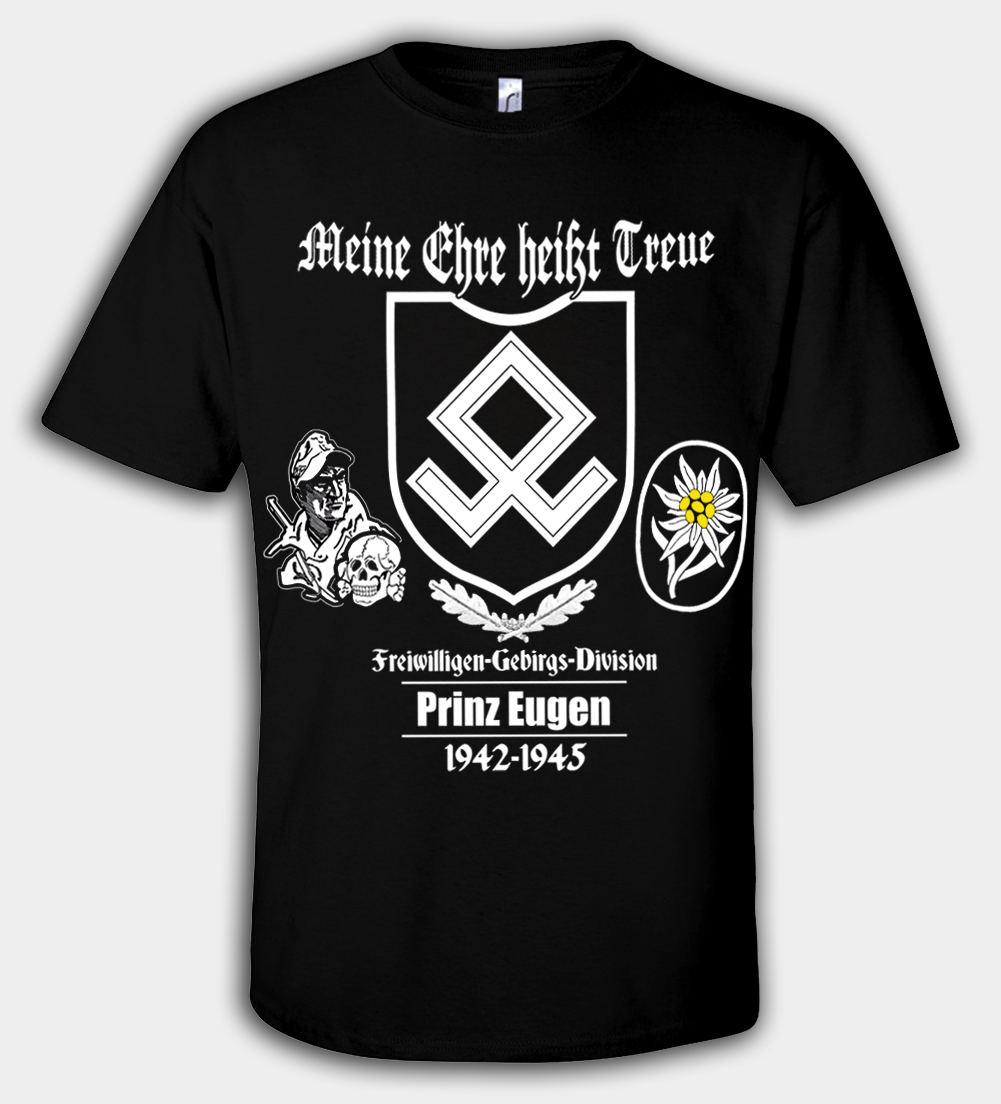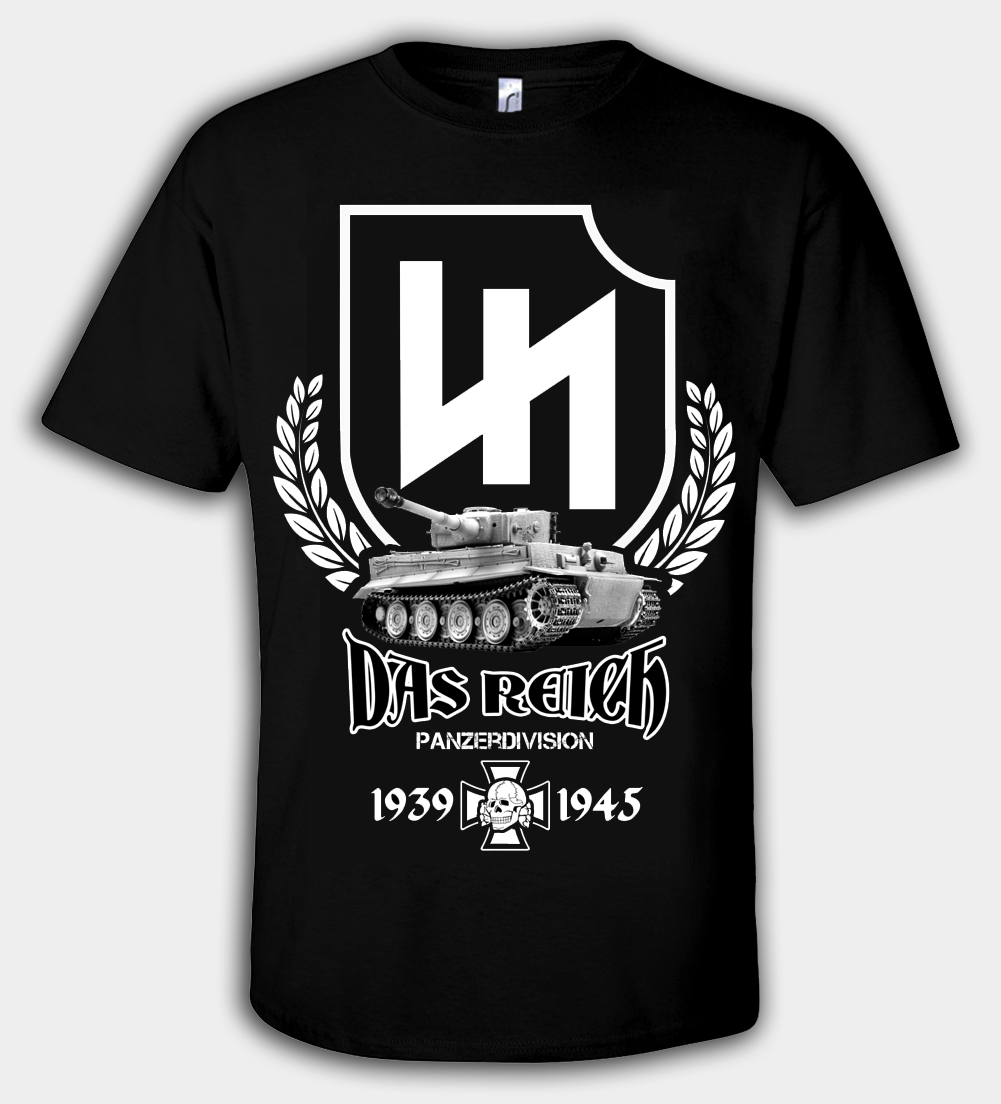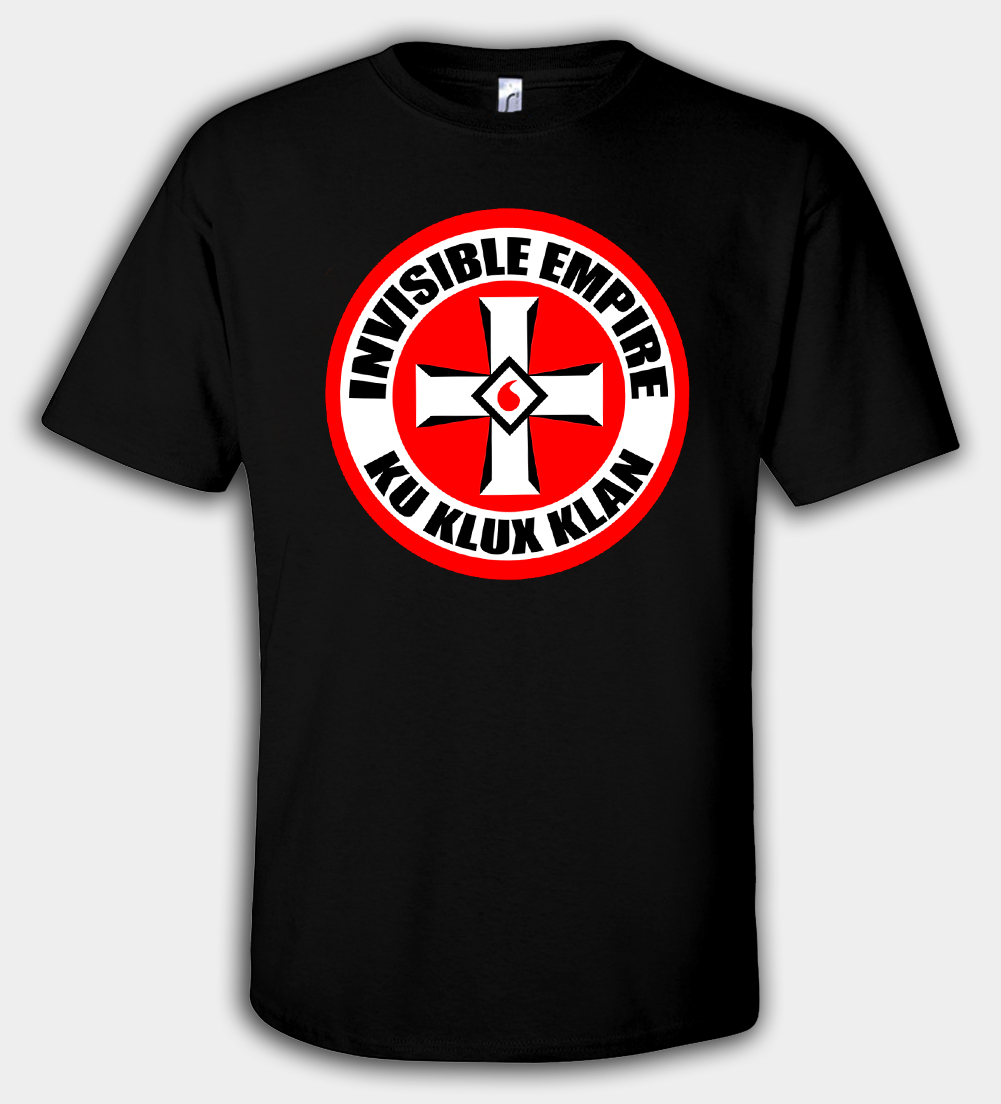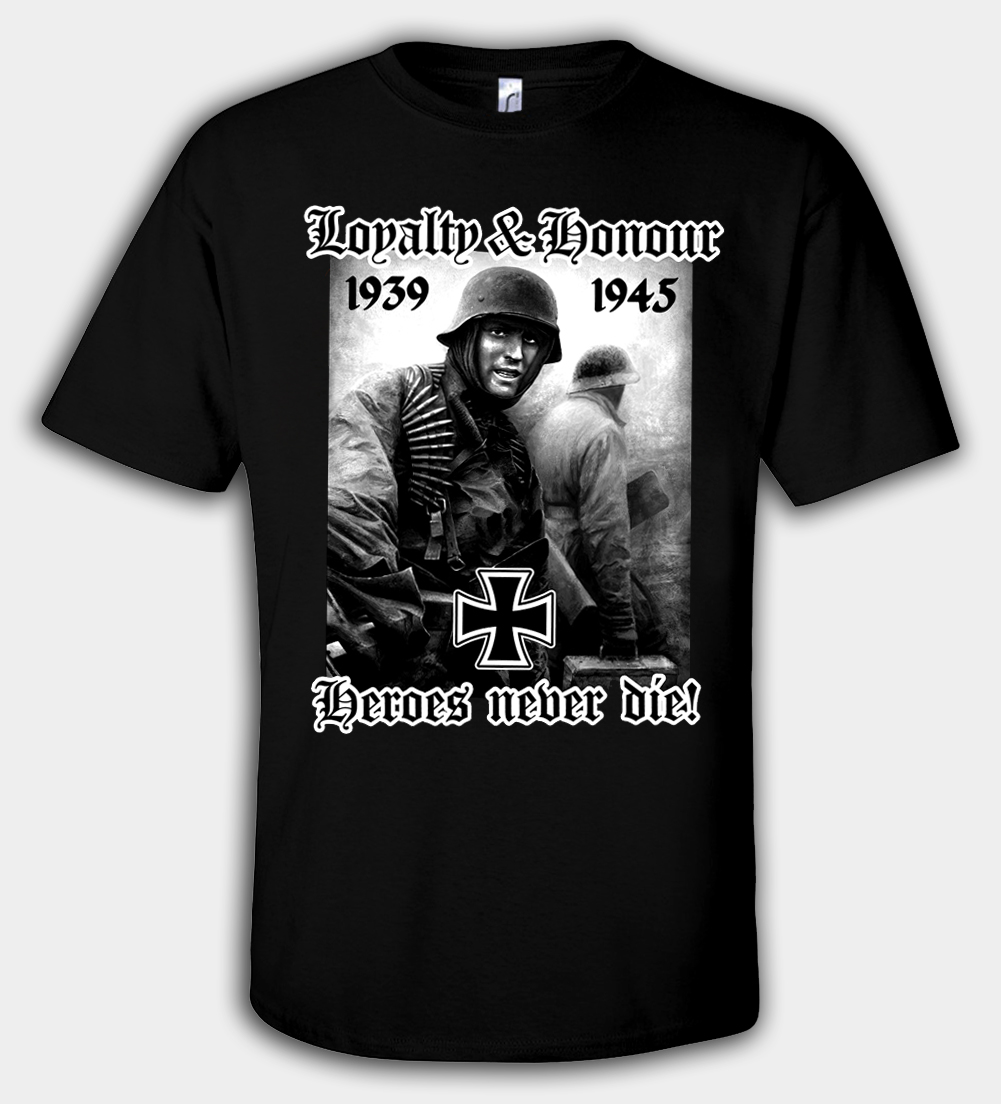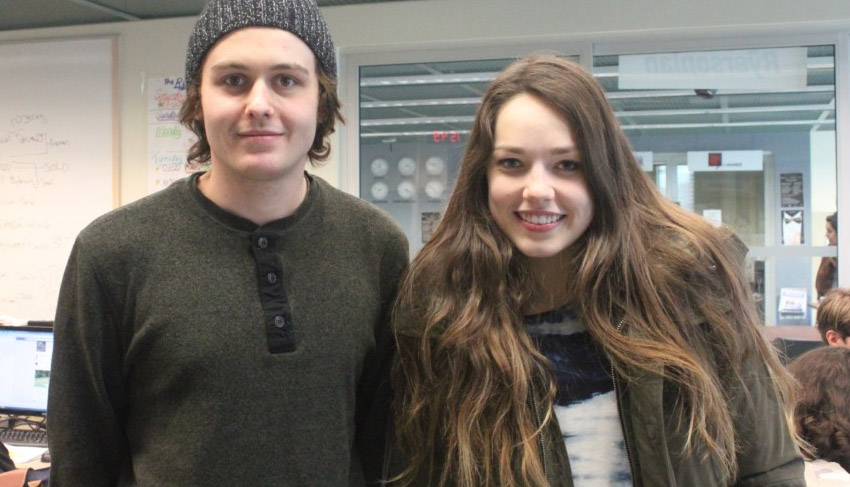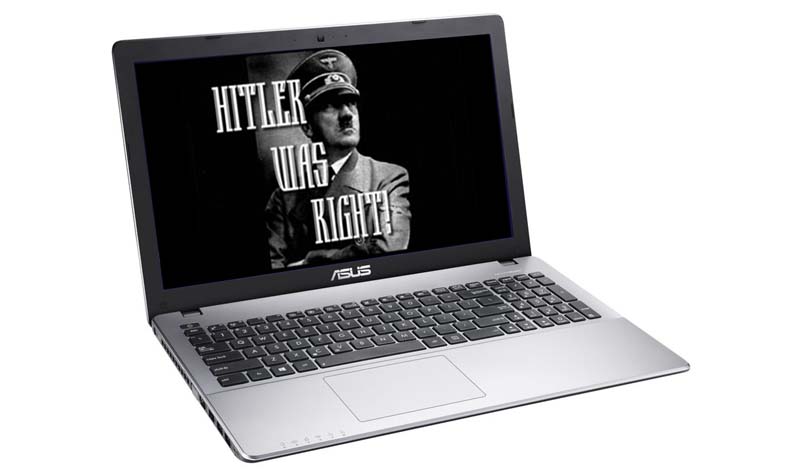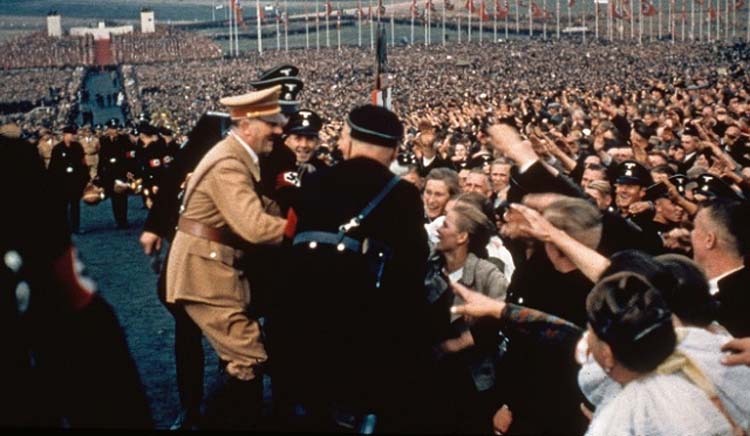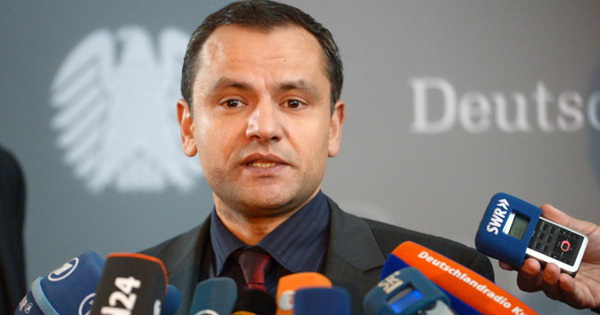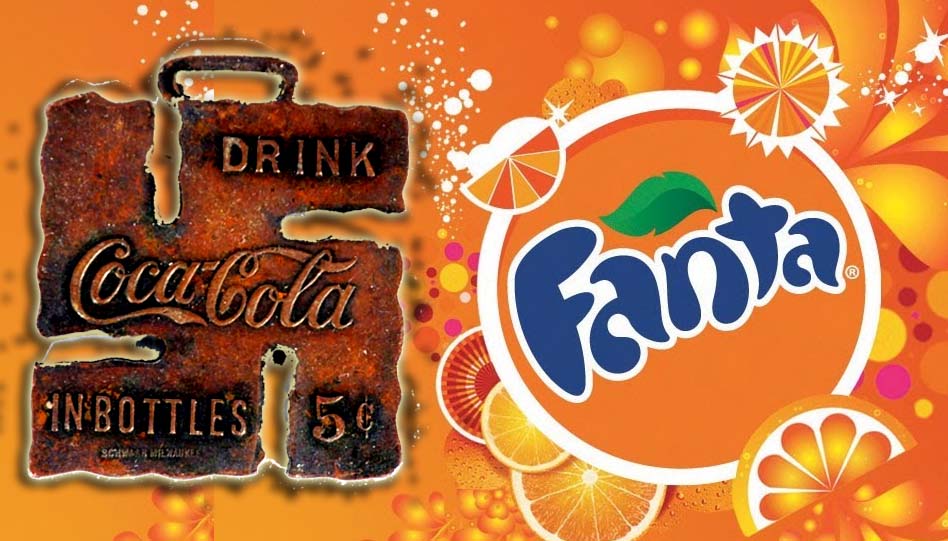Adolf Hitler Postcard Found in WWI Project
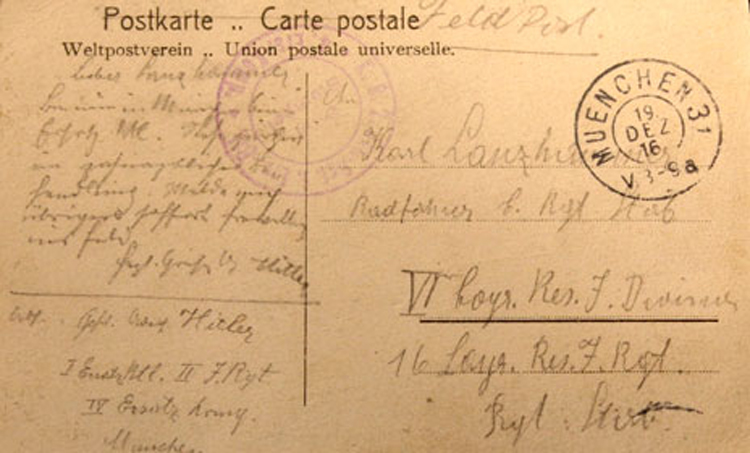 A previously unknown postcard sent by Adolf Hitler when he was a soldier in World War I has been uncovered in a European history project.
A previously unknown postcard sent by Adolf Hitler when he was a soldier in World War I has been uncovered in a European history project.
Hitler's postcard, sent in 1916 when he was recovering from a war wound, was found in Munich, Germany. Oxford University is providing expert advice to the Europeana 1914-1918 project which runs history roadshows. When the postcard was identified, the university's Dr Stuart Lee said he "felt a shudder run through me".
"I found it hard to believe that at a local event to record ordinary people's stories, I was seeing a previously unknown document in Hitler's own hand," said Dr Lee.
He says that from his previous work as a medievalist he was used to "holding incredibly rare documents", but he says there was "something unsettling about this".
"I was touching something that Hitler had touched. Everything rushes through your mind," he said.
The postcard was sent to Karl Lanzhammer, a despatch runner in the same regiment, when the 27-year-old Hitler was recuperating from injuries away from the front.
Dr Thomas Weber, an authority on Hitler during World War I, says the other correspondence previously known to have been written by Hitler at this time was also sent to fellow soldiers in his regiment.
He says it suggests the idea of the wartime army as Hitler's "surrogate family".
"Every other soldier would have been writing back home," he says.
The postcard, which talks about going to the dentist, also indicates that Hitler wanted to get back to the front - which Dr Weber says was "highly unusual" at this stage of the war, even among the most patriotic.
Dr Weber, from Aberdeen University's history department, says it reveals an urge to return to the "closest social network" that he had known since the death of his mother.
It also contains a spelling mistake in the German word for immediately - spelling it as "soffort" rather than "sofort".
Dr Weber says such glimpses of the young Hitler are extremely rare - not least because when he was in power, Hitler "diligently destroyed" many documents about his earlier life.
Previous studies by Dr Weber have revealed Hitler's attempts to "re-invent" his wartime experience - with the historian showing how a Jewish officer had recommended Hitler for a medal.
The original recipient of the postcard died in March 1918 - but the card ended up in the hands of a collector, whose son brought it to a family history roadshow event in Munich, as part of the Europeana 1914-1918 project.
It was authenticated by experts and after being digitally recorded, the postcard was returned to its private owner.
This history project is gathering evidence of individual people's stories from World War I - in preparation for events marking the centenary of the war's outbreak.
It wants to preserve digitally wartime photographs, letters and documents held privately by families - with fears that much of this information might be lost.
The history project, developed from an original scheme at Oxford University, is funded by the European Union and is collecting material in a number of European countries.
As well as in Britain and Germany, there have been roadshow events in Ireland, Luxembourg, Slovenia and Denmark, with people invited to bring in their memorabilia and personal stories.
This has included items which illustrate personal stories of survival in war.
A Bible carried by a German soldier, Kurt Geiler, was brought in by his grandson. It still carried the shrapnel which had been embedded in its pages - from a grenade which had killed soldiers who slept beside him.
"I am here to show how a family story can actually become part of the collective memory of Europe," said the grandson, Markus Geiler.
A 100-year-old man, Slavko Zupan, brought in a wartime object to a roadshow in Slovenia - a wooden cross carved by Russian prisoners of war, who had used such craftwork to trade with locals. It has been in his family since 1916.
The project, which includes the British Library as partner, has gathered 45,000 objects, including personal testimonies.
Joan Almond, aged 85, brought in her father's type-written account of war to a roadshow in Preston.
She said: "I think the war must have haunted him a lot, especially when you read his account. My mother used to encourage him to write down his experiences and this seemed to have a calming influence."
Her father, John Stafford, provided a graphic account of the horrors of war, when he was injured at the Somme.
"I drew my clothing over my leg and lay on my back, disheartened beyond words.
"That explained why my wounds burned so intensively. Eventually the maggots spread over my leg from hip to knee and then settled on the other leg...
"Occasionally I looked at their swelling rhythm, then finally turned away in disgust."
There is also a sense of gathering wartime information before it is lost. One unique set of family photographs collected for the project had been rescued from a skip.
"People pass their stories down their families, and in Europeana we have found the means to preserve them for future generations, and make them universally accessible," said Jill Cousins, Europeana's executive director.
"People are captivated by it," said Dr Lee.
(BBC)
Popular products:
Recent news:
- White Students Turned Away from “Anti-Racism” Seminar for Being White
- Greek PM Warns of "Far-right Threat" in Europe
- The Dark Side of the "Liberation of Europe"
- "Former Republics of the USSR are on their Way to a Nazi Revival", Says Influential Zionist Group
- Mein Kampf: The world’s most dangerous book?
- Xenophobia Rising: Rome Removes Africans from Refugee Centre Besieged by Nationalists
- "If Jews Leave, Europe will Face Economic Disaster", Jewish Leader Warns
- Angry, White and Proud: New Documentary on English Nationalism (VIDEO)
- Golden Dawn Leadership to Stand Trial on Hitler’s Birthday
- Wreck of Kriegsmarine U-boat Located in Java Sea
- Germany’s Biggest Anti-Racism Crusader Pleads Guilty to Child Porn
- Dutch "Multicultural" Students Resist Holocaust Education
- In Germany, Fanta Ad that "Forgets Evil Nazi Past" is Pulled
- Dutch Police Investigate Sale of Soap Supposedly Made From Jewish Holocaust Victims’ Remains
- In London, Teacher Fined For Posting Hitler Picture With Words "You Were Right"
- Falsely Accused Czech Publishers of Adolf Hitler Speeches Seek Compensation
- Race Riots Coming to Toledo: National Socialists Plan Return for Demonstration after a Decade
- VIDEO: Nationalists Confront Antifa Protesters at Arizona State University
- Italians are Resisting Mass Non-White Immigration
- "Jews using Holocaust to Suck the Blood of Germans," Egypt TV Host Says (VIDEO)
- UK: "This Flat is for Blacks Only": Shocking Racist Campaign to Force White Mum Out of Home
- Norway Deports Record Number of Muslim Immigrants
- Italian Anti-Immigration Rally Draws Thousands of Nationalists in Rome
- Anti-Semitism Spreading Across Europe, Says Study
- The Witch Hunt Continues: Ex-SS Medic, 94, Charged with Mass Murder against Jews


